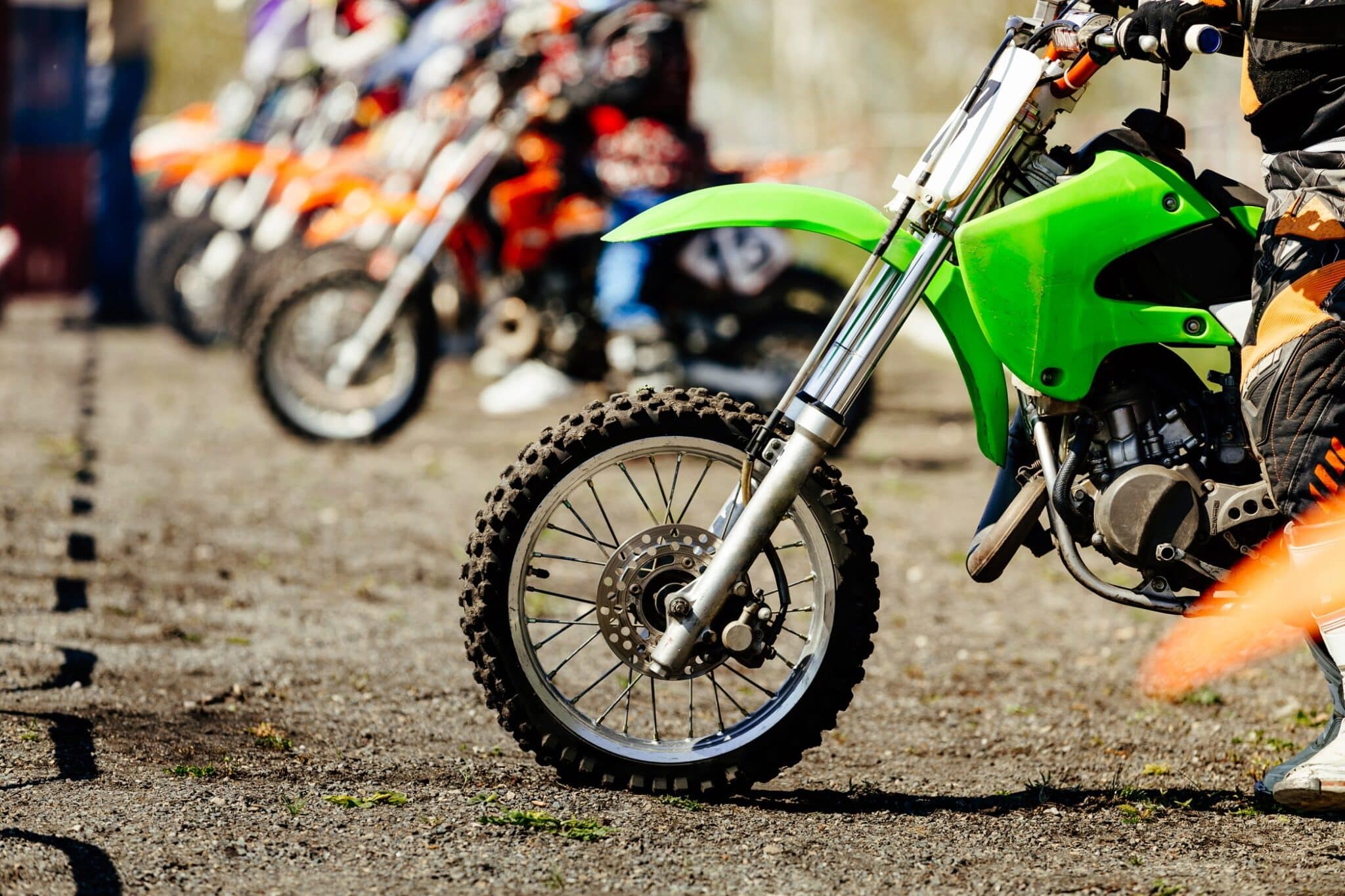Once a court issues an order, it generally cannot be changed without a showing of…
Registration Laws for Dirt Bikes: What Riders Must Know – Guest Post

Riding a dirt bike provides a kind of freedom that’s hard to match—feeling the engine roar, kicking up dust across sandy trails, and cutting through the wind with the helmet locked on. But one crucial factor determines whether that thrilling escape is a legally sanctioned adventure or a ticket waiting to happen. Long before twisting the throttle and disappearing into off-road terrain, riders must deal with a legal maze. While dirt bikes are designed for excitement and agility, they are not exempt from regulation. In many jurisdictions, owning and operating one involves more than just buying a machine—it demands awareness of regional laws, proper documentation, and adherence to legal frameworks tailored for off-road vehicles. Overlooking these responsibilities can lead to hefty fines, impoundment, or even permanent bans from public trails.
Understanding Dirt Bike Categories and Their Legal Status by State
Legal registration begins with a clear understanding of what type of dirt bike is being used. Not all off-road vehicles are viewed equally under the law. The legal classification depends heavily on the vehicle’s design, its intended usage, and whether it includes features like turn signals, mirrors, or brake lights. Off-road dirt bikes typically lack this street-legal equipment and are therefore designated for non-highway use only. Many states classify these as Off-Highway Vehicles (OHVs) and assign special tags or stickers rather than full license plates.
The legal landscape varies dramatically from one state to another. In California, for instance, the Green and Red Sticker program regulates off-road motorcycle access based on emission standards, determining where and when a bike can be operated. Meanwhile, in places like Arizona or Utah, dirt bikes can be modified for street use as long as they meet safety and emissions standards, such as installing lights, horns, and mirrors.
Securing the Right Documentation to Make It Official
Before a dirt bike hits the trail legally, specific documents must be presented to register it. This includes ownership proof like a Manufacturer’s Certificate of Origin (MCO) or a valid title. In many states, especially those with strict titling laws for OHVs, registration is impossible without these foundational records. For secondhand purchases, a signed bill of sale and the previous owner’s registration become just as important to validate the transaction.
In several states, registration cannot proceed without showing proof of insurance—even if the dirt bike is used exclusively off-road. This insurance requirement helps cover liability on shared-use roads and trail systems and in case of property damage or injury. A government-issued ID is also often needed during the process. Being thorough with documentation means avoiding registration delays, unnecessary fees, or the possibility of future legal disputes over ownership and liability.
Trail-Specific Registration Requirements That Catch Riders Off-Guard
Public and private off-road riding areas are governed by overlapping state, federal, and municipal laws, all of which influence what’s required during registration. These trails aren’t just for fun—they are heavily regulated zones, especially in areas near state lines or within national parks. Registration requirements vary depending on whether the land is state-managed, like a wildlife area, or federally overseen by agencies like the Bureau of Land Management (BLM).
Take Colorado as an example: riding in this state often requires both a Colorado Parks and Wildlife trail permit and separate OHV registration. These permits also verify that the bike complies with technical standards, such as having a spark arrestor, staying within acceptable noise levels, and using trail-safe tires.
Overlooked Legal Demands for Smaller Machines
A compact machine like a 110cc ATV often seems like a toy, especially when marketed for young riders, but it is not exempt from legal obligations. Despite their smaller size and perceived lower risk, these vehicles often fall under the same requirements as larger off-road bikes. Many jurisdictions mandate that even mini OHVs be registered, particularly if they’re used on public land, campgrounds, or shared trails.
Their classification doesn’t just exist for bureaucratic reasons—it ensures that the vehicles are traceable in case of theft, compliant with local emissions standards, and operated in environments designed for their speed and power capabilities. In many states, 110cc ATVs must also be equipped with age-appropriate safety gear, and adult supervision is legally required during operation. Failure to comply with these requirements, especially in public areas, exposes both the rider and the guardian to penalties ranging from citations to full vehicle impoundment.
Consequences of Ignoring Registration Requirements
Failure to register a dirt bike properly is far from a harmless oversight. In most regions, riding an unregistered bike on public land or designated trails results in immediate legal penalties. Enforcement patrols routinely check for valid tags, insurance, and registration documentation. A missing sticker or expired permit can lead to citations, the bike being towed, or even permanent bans from trail systems.
Beyond enforcement actions, the repercussions extend into financial and legal territory. If a rider on an unregistered bike causes an accident, insurance companies often reject coverage outright, leaving the rider responsible for all damages. Legal liabilities also increase substantially if property is damaged or a third party is injured.
Conclusion
Owning a dirt bike is about more than unleashing power on the trail—it’s about mastering the rules that make every ride legitimate. From understanding classification differences and securing proper documents to navigating trail-specific laws and ensuring younger riders meet legal standards, registration plays a central role in every off-road journey. Don’t just ride—ride with full confidence that your machine is ready to meet both the terrain and the law head-on.
